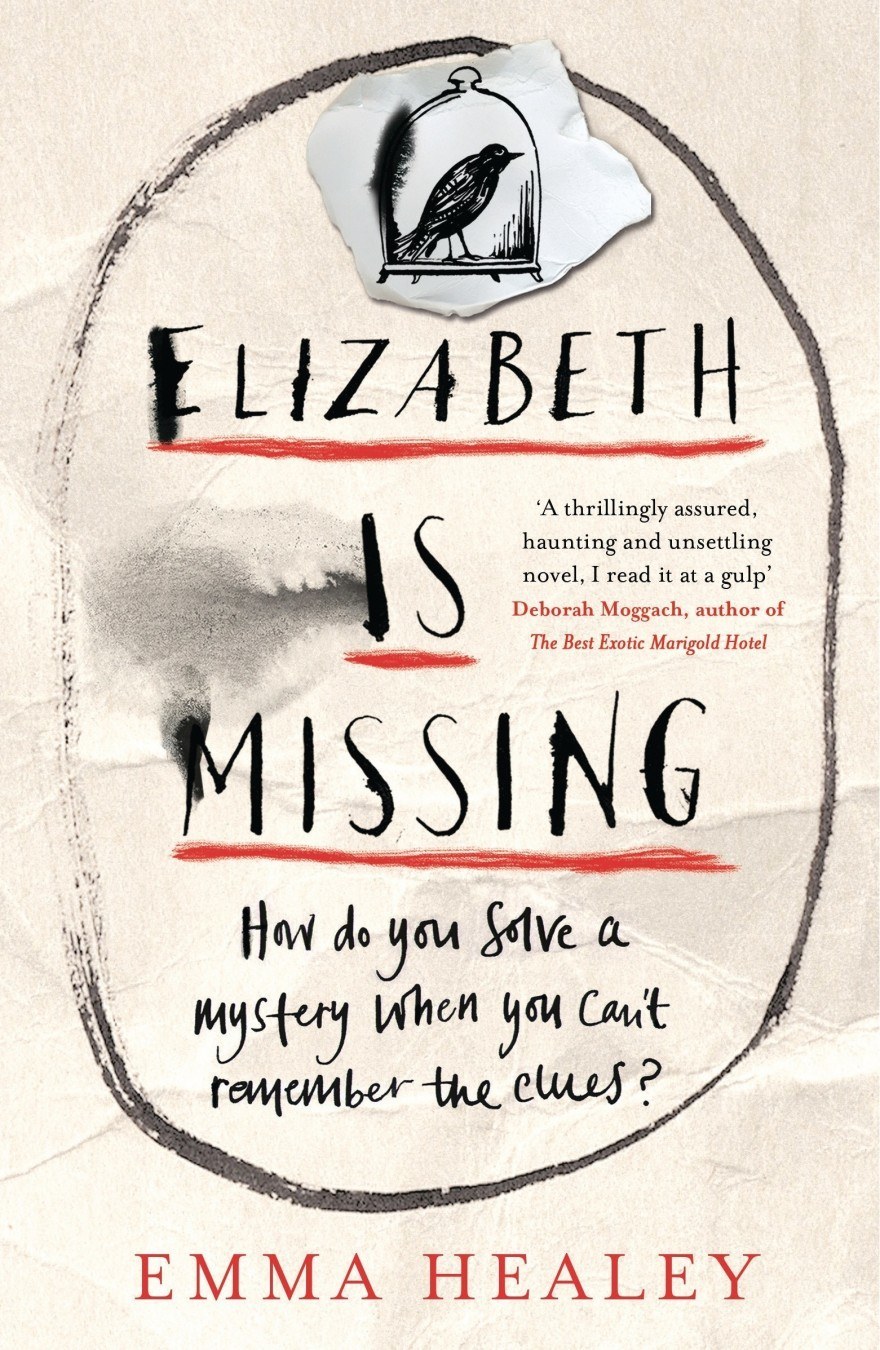Our book group choice for February 2015 is Elizabeth is Missing by Emma Healey. Meet Maud. Maud is forgetful. She makes a cup of tea and doesn’t remember to drink it. She goes to the shops and forgets why she went. Sometimes her home is unrecognizable – or her daughter Helen seems a total stranger.
Elizabeth Is Missing is a 2014 psychological mystery novel by British author Emma Healey. The novel is told from the perspective of Maud Horsham, an 82-year-old woman with dementia who believes that her best friend, Elizabeth Markham, has disappeared. Maud’s daughter, Helen, and her caregiver, Carla, are concerned about Maud’s mental state, but Maud is determined to find out what happened to Elizabeth.
Maud’s investigation takes her back to the 1940s, when her older sister, Sukey, disappeared. Maud has never forgotten Sukey’s disappearance, and she believes that the two cases are connected. As Maud pieces together the clues, she begins to question her own memories and her understanding of reality.
Maud’s memories of Sukey’s disappearance begin to merge with her search for Elizabeth. She starts to believe that Elizabeth’s disappearance is somehow connected to Sukey’s. She begins to suspect that Peter is involved in both disappearances, and she becomes increasingly paranoid.
The novel is told in a nonlinear fashion, with Maud’s memories of the past alternating with her present-day investigation. This structure creates a sense of uncertainty and suspense, as the reader is never quite sure what is real and what is not. The novel also explores the themes of memory, identity, and aging. Maud’s dementia is a constant presence in the novel, and it affects her ability to remember, to form relationships, and to understand the world around her.
Elizabeth Is Missing is a powerful and moving novel that explores the challenges of aging and dementia. The novel is also a mystery that will keep the reader guessing until the very end. Healey’s writing is clear and evocative, and she does a masterful job of capturing Maud’s voice and perspective.
Here are some additional thoughts on the themes of the novel:
- Memory: The novel explores the nature of memory and how it can be unreliable, especially for people with dementia. Maud’s memories are often fragmented and incomplete, and she sometimes confuses the past with the present. This creates a sense of uncertainty and unease for the reader, as we are never sure what to believe.
- Identity: The novel also explores the theme of identity and how it can be shaped by our memories. Maud’s sense of self is slowly being eroded by her dementia, and she is struggling to hold onto who she is. This is a painful experience for Maud, and it is one that many people with dementia can relate to.
- Aging: The novel is also a meditation on aging and the challenges that come with it. Maud is facing the end of her life, and she is trying to come to terms with her mortality. This is a difficult process, but it is one that many people will face at some point in their lives.
Discussion Questions for Elizabeth is Missing
- Was this a good debut novel?
- Did you like the book?
- Does this novel fit into a specific genre? Mystery? Crime?
- What did you think about the changing narrative time and place?
- We spend a lot of time in Maud’s head. Did it provide an insight into what it might be like to have dementia?
- Discuss the role of specific objects Maud collects over time?
- What was the significance of the Mad Woman?
- Did you warm to any characters?
- Who would play Maud in a cinematic dramatisation of the novel?
Individual Ratings
DKB's Rating 




Miranda's Rating 




EmmaC's Rating 




Baljit's Rating 




Anthony's Rating 




Sue's Rating 




EmmaT's Rating 





